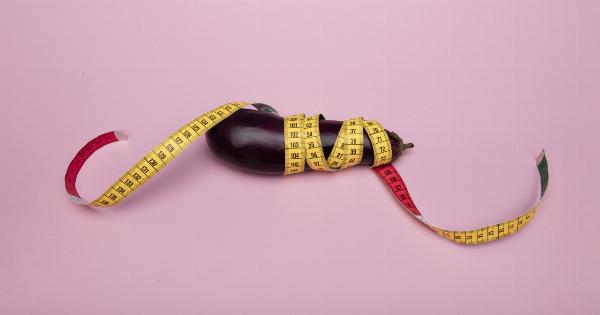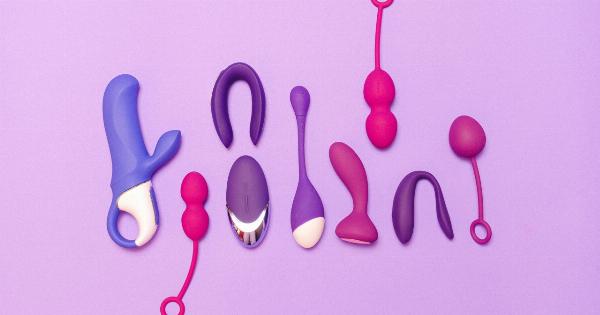Penis size insecurity is a common issue that affects many men. This feeling of inadequacy can have a significant impact on a man’s self-esteem and sexual confidence.
However, it is essential to understand that penis size is not everything in fulfilling a sex life.
Understanding Penis Size
Penis size can vary from one man to another, and there is no standard size for an erect or flaccid penis. The average penis size is between 4-6 inches when erect. In most cases, penis size does not affect sexual function or pleasure.
Sexual performance depends on several factors, including arousal, stamina, and emotional connection, rather than penis size. Therefore, do not let penis size define your worth or sexual confidence.
Overcoming Penis Size Insecurity
Penis size insecurity is a psychological issue that requires addressing the underlying causes. Here are some tips to help you overcome penis size insecurity:.
Stop Comparing Yourself
It is tempting to compare yourself to other men, especially when it comes to penis size. However, comparing yourself to others is counterproductive and only reinforces negative thoughts. Remember, penis size is not everything in fulfilling a sex life.
Focus on improving your sexual skills and emotional connection with your partner.
Talk to Your Partner
Communicating with your partner about your sexual insecurity can help alleviate the stress and anxiety associated with it.
Sharing your feelings with your partner can also help you understand that sex isn’t just about penis size and that many other factors contribute to a healthy and satisfying sex life.
Use Different Sex Positions
Changing sex positions can help spice up your sex life and make you feel more confident.
Experiment with different sex positions that focus on clitoral stimulation, rather than penetration, as the clitoris is the most sensitive part of a woman’s body. Additionally, sex toys can help enhance both you and your partner’s pleasure.
Consider Penis Enlargement Methods
If penis size is still a significant concern for you, there are several penis enlargement methods available. Some of these methods include penis pumps, penis extenders, and surgery.
However, bear in mind that most of these methods are not supported by scientific evidence and can be risky. Consulting with your doctor and doing your research before trying any penis enlargement method is crucial.
Focus on the Positive
Focusing on what you like about yourself and your sexual experience can help change negative thinking patterns.
Instead of obsessing over penis size, focus on the things that you enjoy about sex, your body, and the intimate moments you share with your partner.
Build Self-Confidence
Building self-confidence involves developing a positive and realistic self-image. Setting realistic goals, taking care of your physical health, and practicing self-care can help improve your self-esteem.
Additionally, educate yourself about sex and sexuality can enhance your sexual knowledge and self-confidence.
Conclusion
Penis size insecurity is a common issue that can affect a man’s self-esteem, sexual confidence, and overall well-being. Understanding that penis size is not everything in fulfilling a sex life can help alleviate this insecurity.
Communicating with your partner, using different sex positions, and building self-confidence are some of the ways you can overcome penis size insecurity. Remember, the most important thing in a fulfilling sex life is emotional connection, communication, and trust between partners.



























